Review
Small updates enhance and already impressive small car. The Yaris is efficient, cheap to run and great to drive. It’s not the most cost-effective small hybrid car, however.
Overview
Toyota's hybrid powertrain makes the Yaris a highly efficient choice for those drivers that can’t operate an electric car.
It has a growing pool of rivals, as more small cars get improved powertrain technology. The Renault Clio is now a hybrid, for example, while the Vauxhall Corsa has also gained a partially electrified engine.
The current generation Yaris moved the game on significantly for Toyota, as a result of its TNGA platform. It’s better to drive, more efficient and more refined than before.
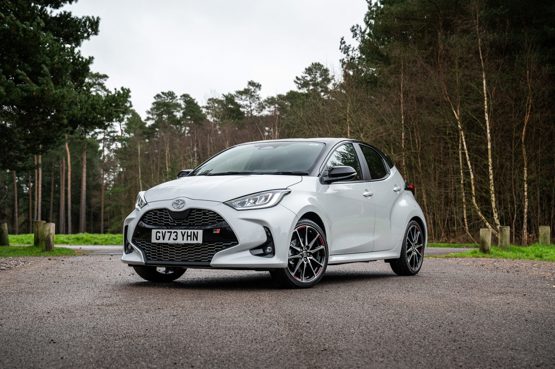
In the latest round of updates, Toyota has introduced a new infotainment system, enhanced safety aids, a GR Sport trim level and the choice of a second, more powerful, engine.
Not much has changed visually. The Yaris is only a few years old, so alterations were focused elsewhere.
The line-up starts with the Icon, priced from £22,630 (OTR), moving through Design (£23,535) and Excel (£26,700) to the GR Sport (£28,805) at the top of the range.
Comfort and practicality
The ‘regular’ Yaris is available only as a five-door hatch. It has a small footprint, making urban driving and parking straightforward. At 3.94m in length, it’s actually shorter than a Mini.
The interior is spacious up front, but rear seat and boot space is less generous than on rival vehicles such as the Skoda Fabia or VW Polo.
Sporty, sculpted front seats, with integrated headrests, provide good support and comfort levels for longer journeys is adequate. Heated seats aren’t available on any model, however.
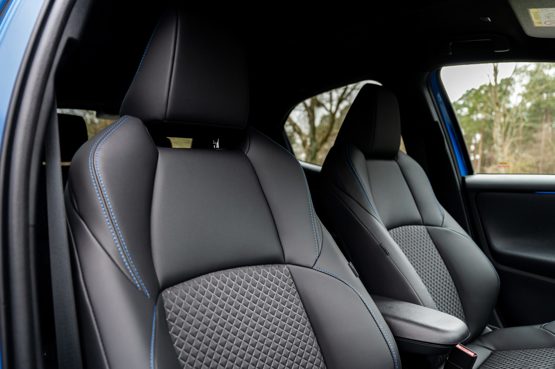
Build quality feels top notch and there’s definitely a premium edge to the Yaris, in places. Most of the materials feel high-quality, however there are a few areas – the interior door handles, for example - where cheaper plastics have been used.
There’s a degree of wind and road noise that becomes more intrusive at motorway speeds, but overall refinement levels are high for this segment.
Safety and technology
Toyota has loaded the Yaris with kit, including a suite of driver aids known as Toyota Safety Sense.
Among the car’s arsenal of features is a new speed limit warning system. It beeps if you exceed the posted limit and again to warn you of speed limit changes. Disabling this function is a little fiddly and requires a delve into the car’s instrument cluster menu. The cluster itself is new - on GR Sport and Excel grade – it’s a crisp 12.3-inch display with customisable graphics.
Using the steering wheel mounted controls you can scroll through a myriad of acronyms to adjust the various options. Annoyingly, once we’d switched off the incessant bonging, the car no longer would display the current speed limit in the instrument cluster or satnav display.
We were impressed by the car’s other systems, which include adaptive cruise control with lane centering. A great function for motorway driving.
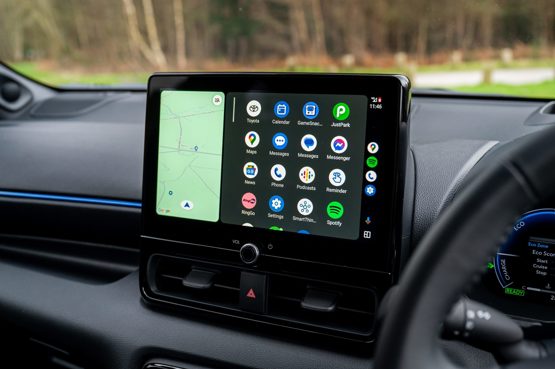
Toyota’s new infotainment system is present on GR Sport and Excel grade and is a slick, easy to use setup using an impressive 10.3-inch touchscreen. Lower grade models get a simplified system but still with a nine-inch screen, that relies on smartphone integration for navigation. Both seem to work well although we’d prefer if some of the driver aid settings were available in the central display.
Buttons are very much present and correct throughout the cabin. There’s a proper climate control panel, drive mode selector and even a proper volume knob on the larger-screen infotainment system.
Driveability and fuel consumption
The Yaris offers a positive driving experience with a light and direct feel to its controls. The steering is precise, allowing the car to change direction with eagerness. It grips well too, feeling planted in the bends thanks to a firm suspension. Ride quality isn’t class leading, we did find the car a little coarse on potholed roads, especially when fitted with the larger 17- and 18-inch wheels.
Toyota offers the Yaris with two power outputs on the same 1.5-litre engine. The standard model, as before the facelift, has 116PS. The more potent newcomer has 130PS and is only available in GR Sport guise. In the real world, there’s not a huge difference between the two. Power delivery is pretty instant, but not particularly exhilarating, and the transmission is seamless.
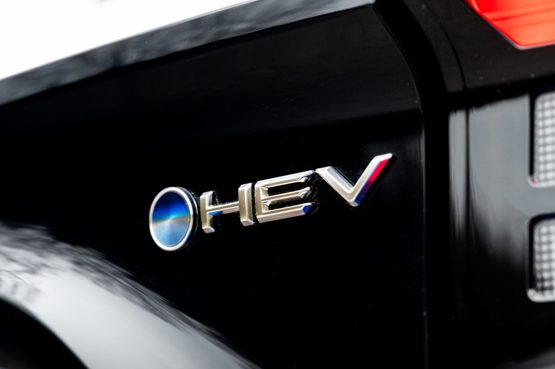
The 115PS car can accelerate from 0-62mph in 9.7 seconds, while the 130PS model manages the sprint in 9.2.
We were impressed at our test car’s achievement of 60mpg during our drive. On par with the lower-powered model. Toyota says up to 70mpg is possible
In city driving the car mainly uses its electric motor, meaning its as quiet and smooth an EV. The petrol engine kicks in almost unnoticeably.
Company car tax and running costs
The Yaris line-up has CO2 emissions ranging from 91-103g/km, with the cheapest model attracting a 23% benefit-in-kind tax rate. This equates to monthly tax bills of £86 per month (20% taxpayer) for the Icon version.
We’d opt for the mid-spec Design, which comes with more spec for a modest uplift of £3 per month in tax costs.
The range-topping GR Sport is the most desirable model, with its enhanced aesthetic and generous specification, but sits in the 25% BIK band, meaning drivers will have to pay upwards of £119 per month.
Running costs for the Yaris are competitive, but not class leading. The Renault Clio E-Tech is more powerful, with 145PS, yet cheaper over a four-year cycle at 32p per mile vs 33.5ppm for the Yaris Design.
Matt has been an automotive journalist for nine years and has driven just about every new car and van that's on sale. As content editor - vehicles he is responsible for the automotive content on Fleet News and also contributes to Automotive Management. Prior to this, Matt worked in the automotive industry for 10 years.


Specs
| Manufacturer | Toyota |
| Model | Yaris |
| Specification | Toyota Yaris Hatchback 1.5 Hybrid Icon 5dr CVT |
| Model Year | 2025.00 |
| Annual VED (Road tax) | £350 |
| BIK List Price | £23,040 |
| CO2 | 92g/km |
| BIK Percentage | 24% |
| Insurance Group | N/A |
| CC | 1,490 |
| Fuel Type | Petrol Hybrid |
| Vehicle Type | Small car |
| Luggage capacity (Seats up) | 286litres |
| Doors | 5 |
Running Costs
| P11D | £23,040 |
| Cost per mile | 36.66ppm |
| Residual value | £9,350 |
| Insurance group | N/A |
| Fuel Type | Petrol Hybrid |
| Cost per mile | 94.99ppm |
| Fuel | 9.17ppm |
| Depreciation | 82.20ppm |
| Service maintenance and repair | 3.62ppm |
Rivals
Info at a glance
-
P11D Price
£23,040
-
MPG
68.9 (WLTP) -
CO2 Emissions
92g/km -
BIK %
24% -
Running cost
3 Year 60k : £9,350 4 Year 80k : £7,475 -
Fuel Type
Petrol Hybrid

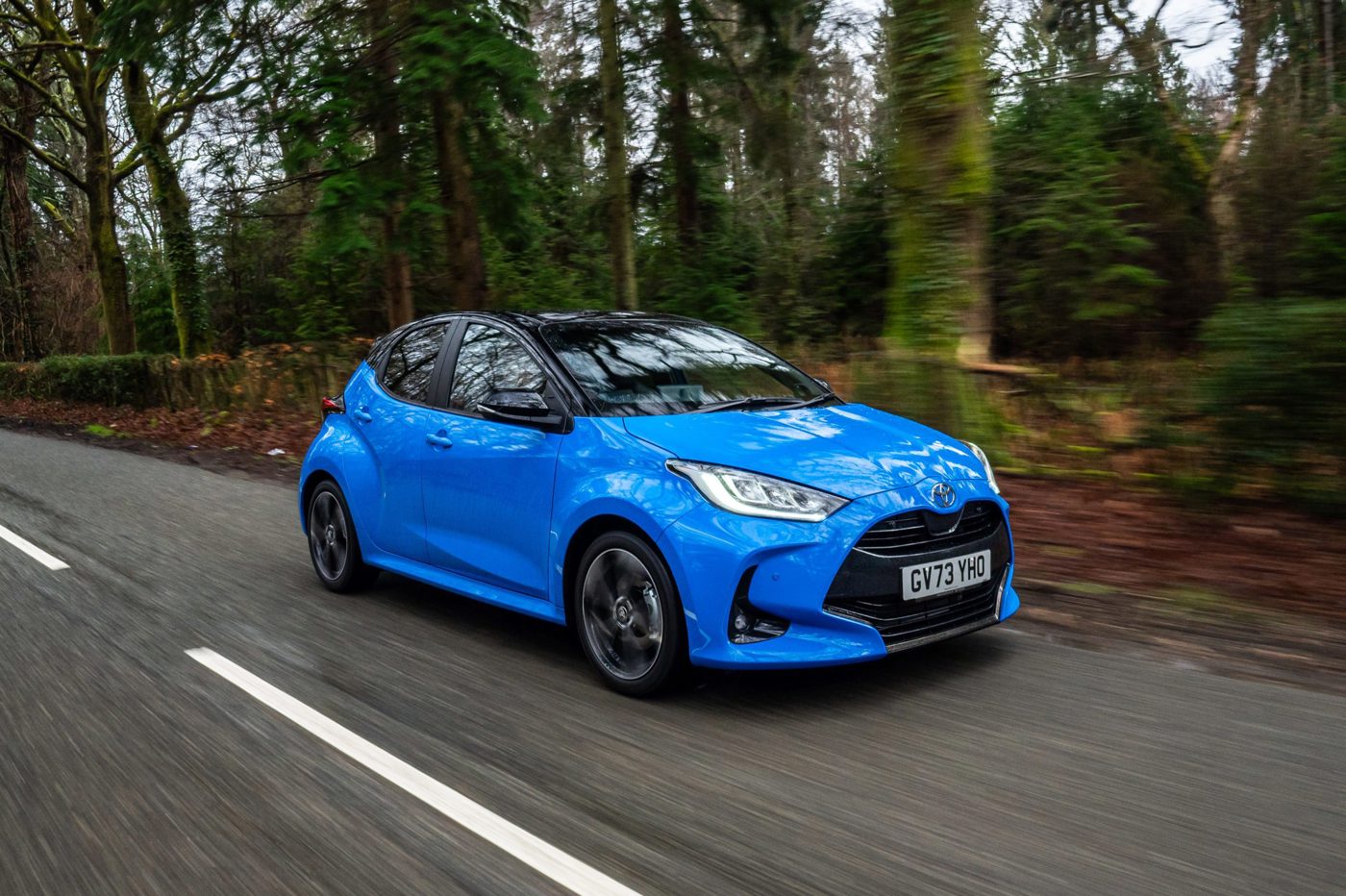
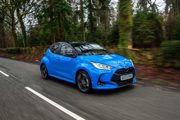
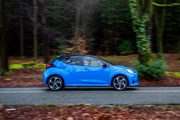






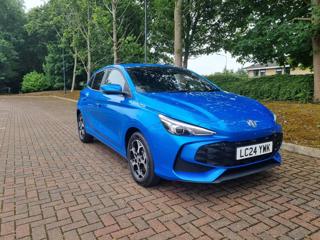
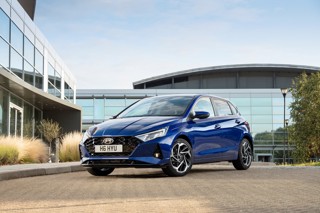
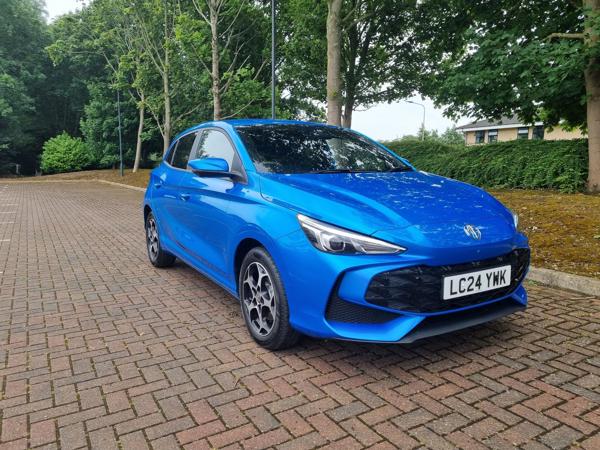
 Petrol Hybrid
Petrol Hybrid
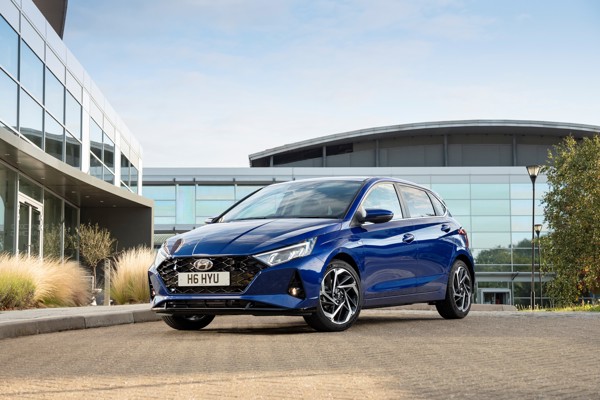
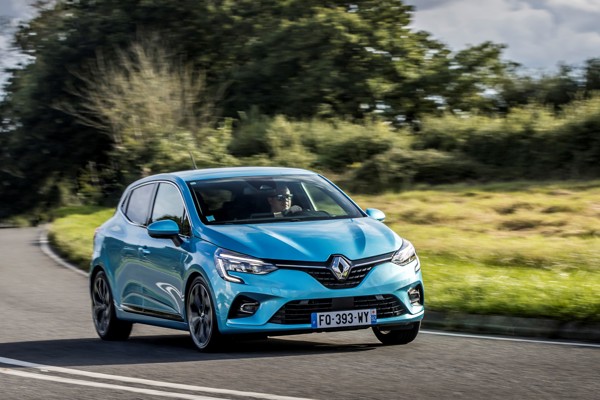
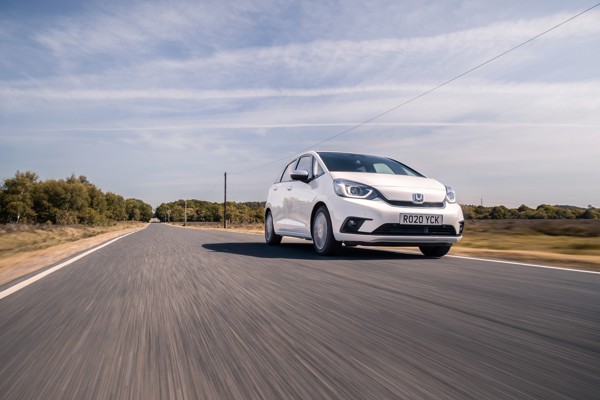
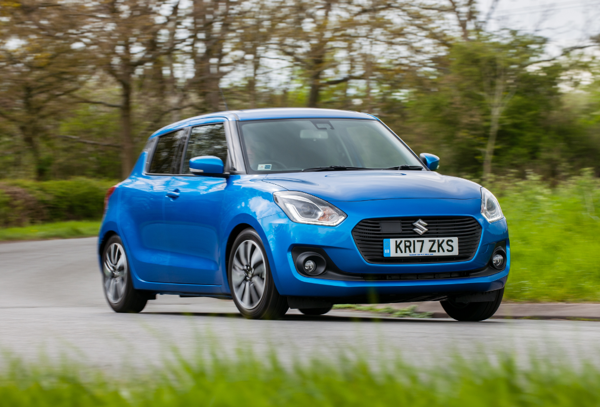
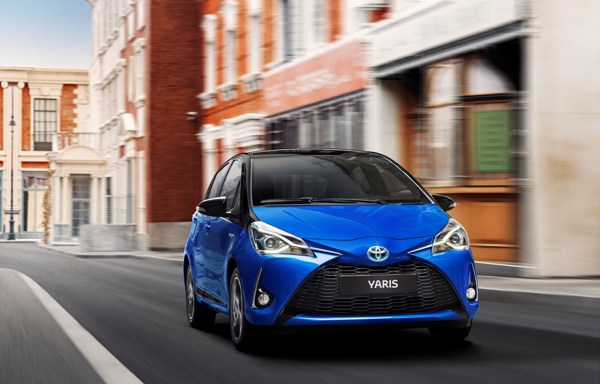

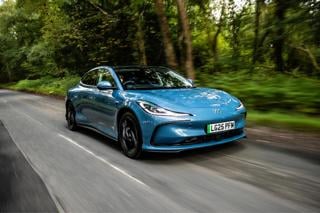
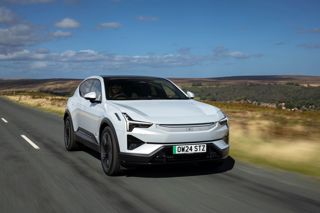
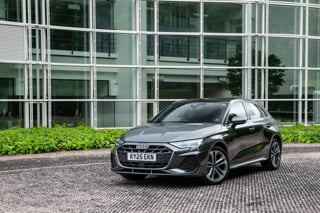
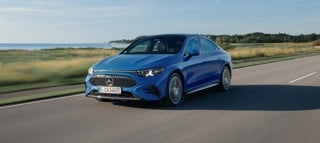












Login to comment
Comments
No comments have been made yet.